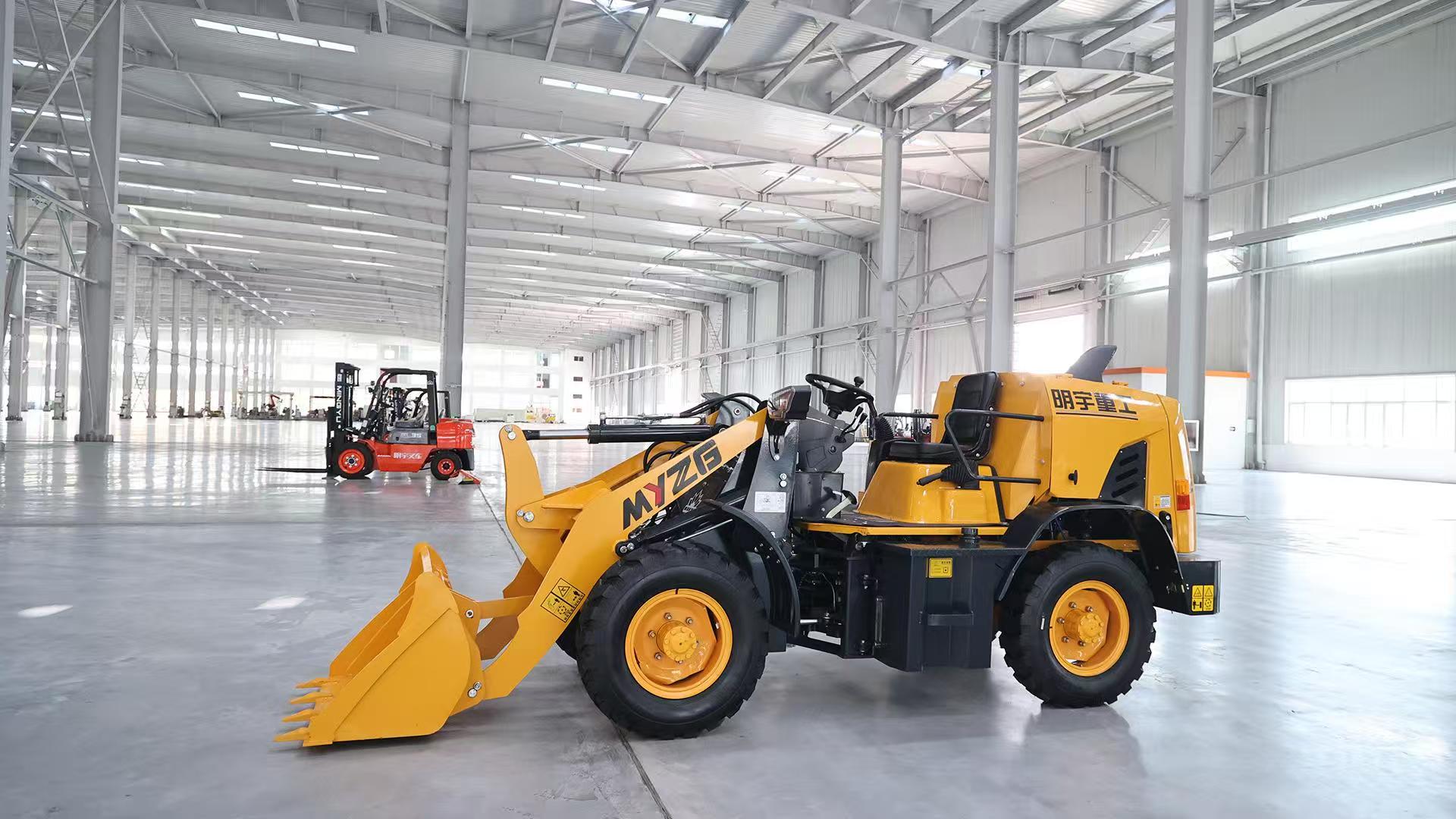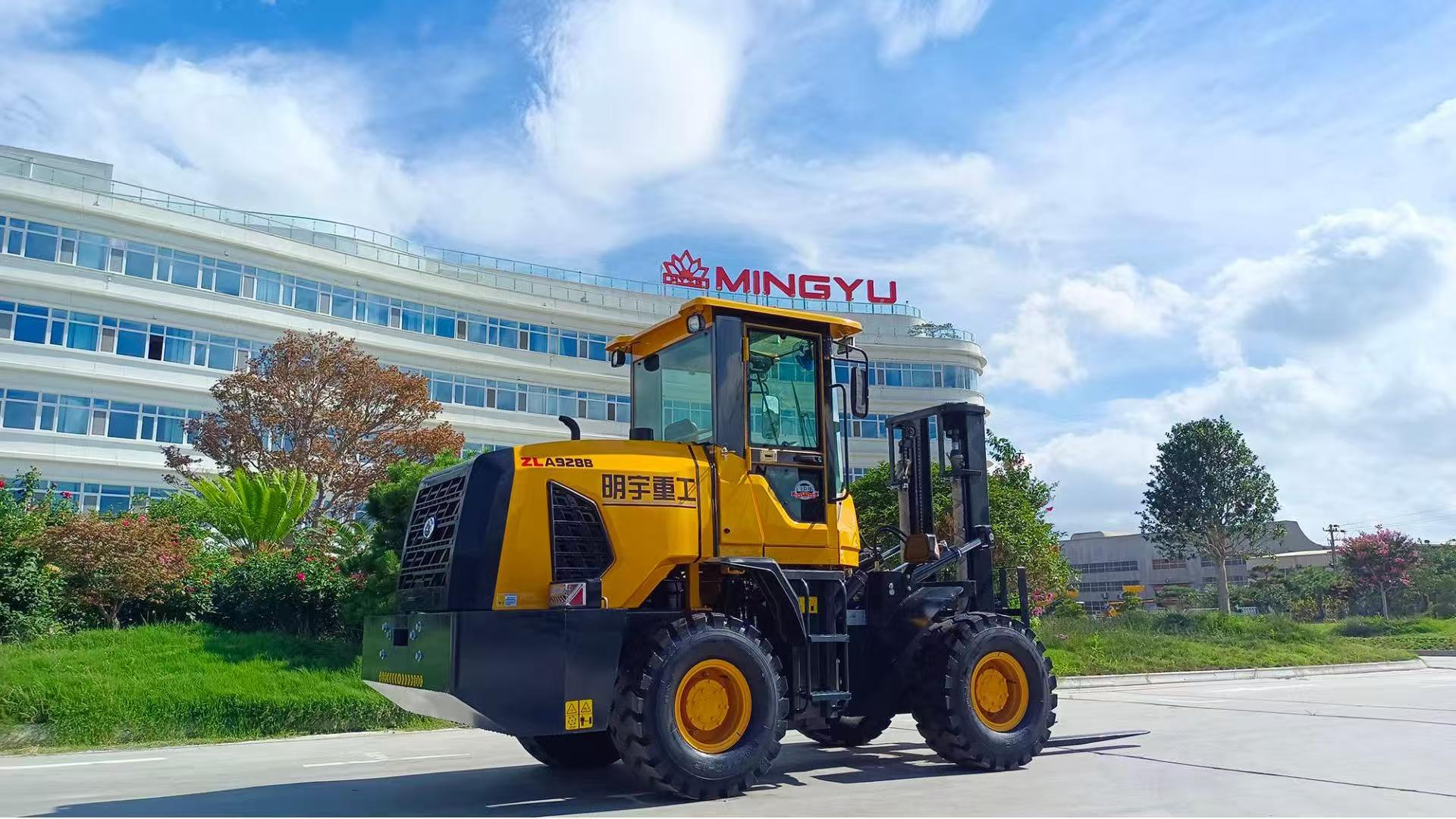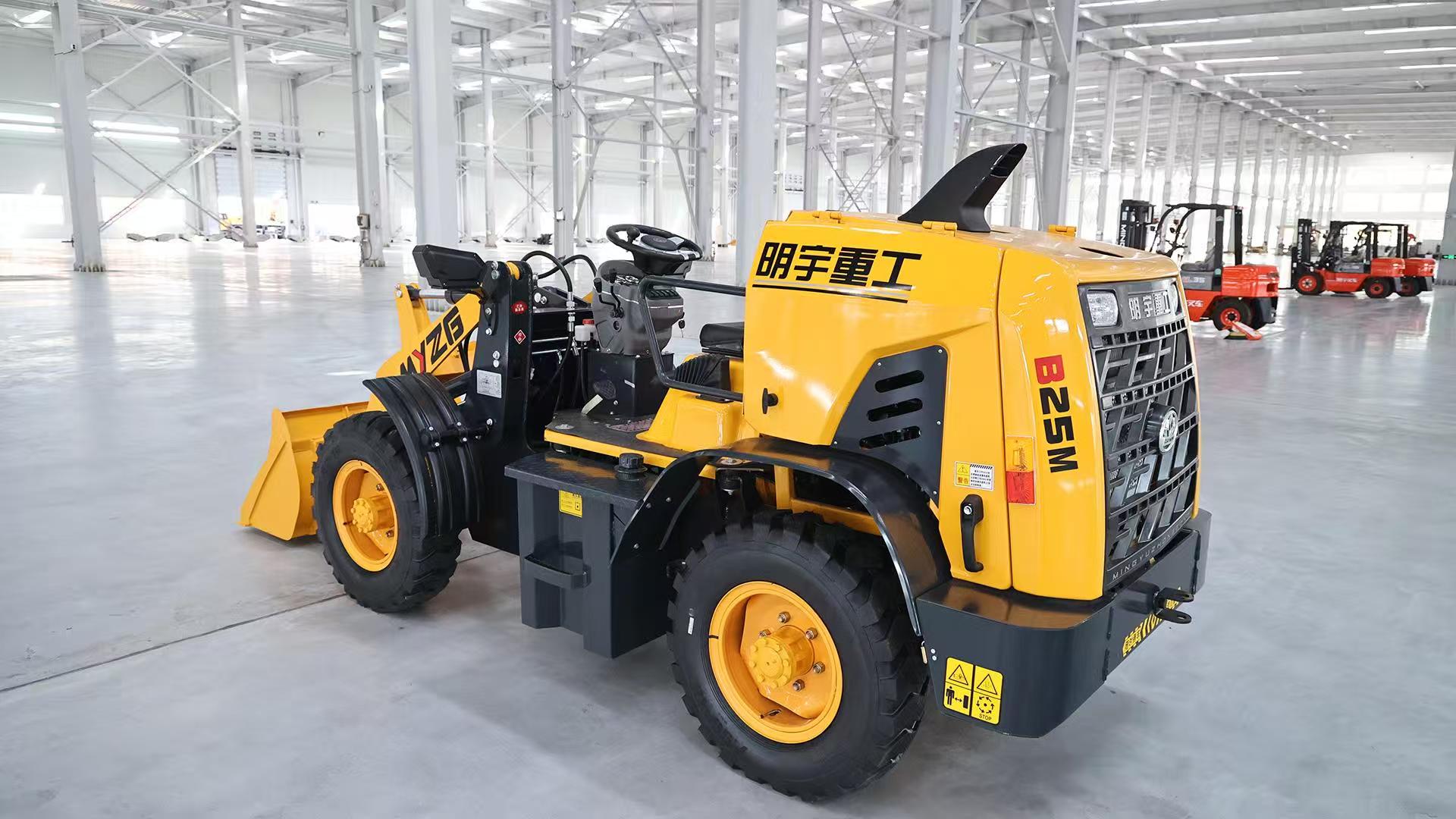Best Compact Loader for Farming/Landscaping?
1. Introduction
Compact loaders are essential machines for modern farming and landscaping operations. These versatile tools handle a wide range of tasks such as loading materials, digging, grading, and transporting. Choosing the right compact loader can greatly improve work efficiency, reduce labor, and help save costs over time.
This article will guide you through the key considerations when selecting a compact loader for farming and landscaping, compare top brands and models, and offer practical advice to help you make an informed decision.
2. What Is a Compact Loader?
A compact loader is a small, powerful machine designed to perform various earthmoving and material-handling tasks. It typically features a front-mounted bucket or attachment and can operate in tight spaces due to its small size and maneuverability.
Types of Compact Loaders:
Skid Steer Loaders: Wheeled, great for flat and firm surfaces, fast and nimble.
Compact Track Loaders (CTLs): Tracked, better traction on soft or muddy ground.
Compact Wheel Loaders: Larger wheels, smoother ride, ideal for light to medium-duty tasks.
3. Key Features to Consider
3.1. Size and Maneuverability
Compact loaders vary in size. For small farms or residential landscaping, a smaller model may be ideal. Consider machine width, height, and turning radius to ensure it can operate efficiently in tight areas.
3.2. Engine Power and Lifting Capacity
Higher engine horsepower enables the loader to handle heavier loads. Rated Operating Capacity (ROC) indicates how much weight the loader can lift safely. Choose power levels based on your daily tasks.
3.3. Tire vs. Track System
Wheeled loaders are faster and perform well on hard ground (concrete, asphalt).
Tracked loaders offer better traction, ideal for muddy, sandy, or uneven terrain, common in agriculture and landscaping.
3.4. Attachments Compatibility
Versatility comes from attachments. Most compact loaders can use:
Buckets (general purpose, rock, snow)
Pallet forks
Augers
Trenchers
Grapples
Look for models with a universal quick-attach system for easy tool changes.
4. Top Compact Loader Brands and Models
4.1. Bobcat
Bobcat is a pioneer in compact equipment. Known for durability, innovative design, and a wide range of attachments.
Bobcat T76 (Tracked) – Excellent lifting capacity and cab comfort.
Bobcat S66 (Skid Steer) – Good for tight spaces and light-duty work.
Pros: Easy to operate, strong dealer network.
Cons: Higher price point.
4.2. John Deere
John Deere combines powerful engines with excellent reliability.
317G (CTL) – Compact, efficient for small farms.
325G (CTL) – More power for heavier tasks.
Pros: Great fuel efficiency, durable design.
Cons: Limited models in some regions.
4.3. Caterpillar (CAT)
CAT loaders are rugged and reliable, with advanced features.
CAT 259D3 (CTL) – High performance, operator-friendly.
Pros: High-tech controls, durable in harsh environments.
Cons: Maintenance can be costly.
4.4. Kubota
Kubota is popular for farming applications, offering simple, reliable machines.
SVL75-2 (CTL) – Efficient, low maintenance.
SVL97-2 (CTL) – Powerful for heavy lifting.
Pros: Competitive price, fuel-efficient.
Cons: Less advanced technology.
4.5. Case / New Holland
Both brands offer comfortable cabs and strong hydraulics, great for landscaping.
Case TR310B (CTL) – Compact, good lift and reach.
Pros: Affordable, user-friendly.
Cons: Slightly lower resale value.
5. Compact Loaders in Farming
In agriculture, compact loaders are used for:
Feeding livestock (hauling hay, grain)
Cleaning barns (manure handling)
Moving soil or seed
Fence installation
Key considerations:
Ground pressure: Tracked loaders are gentler on pastures.
Maintenance: Choose machines that are easy to service.
Cab comfort: Important for long workdays.
6. Compact Loaders in Landscaping
Landscapers need machines that:
Grade and level soil
Dig holes for trees and irrigation
Haul materials like mulch, gravel, and plants
Important factors:
Precision controls for fine work
Visibility for safe operation in tight areas
Low ground impact to avoid turf damage
7. Cost and Value Comparison
Purchase Price (Approximate)
Basic skid steer: $30,000–$40,000
Tracked loader: $50,000–$70,000
Premium models: $80,000+
Operating Costs
Fuel: Tracked loaders use more fuel.
Maintenance: Wheeled machines are cheaper to maintain.
Attachments: Extra cost but add versatility.
Resale Value
Brands like Bobcat, CAT, and John Deere hold value well. Buying from reputable dealers also affects long-term value.
8. Safety and Comfort Features
Visibility: Wide-view cabs, rear cameras.
Comfort: Adjustable seats, climate control (HVAC).
Safety: Rollover protection (ROPS), seatbelts, alarms.
Modern machines also include joystick controls, LCD displays, and load monitoring systems.
9. Buyer Tips: Choosing the Best Loader
Evaluate your daily tasks: Lifting, digging, hauling?
Consider terrain: Muddy fields? Tight urban yards?
Test machines: Demo before buying.
Dealer support: Parts availability, service response.
Total cost: Factor in fuel, maintenance, and downtime.
10. Conclusion: Best Compact Loader Recommendation
For farming, the Kubota SVL75-2 and John Deere 325G offer great balance of power and reliability.
For landscaping, the Bobcat S66 and CAT 259D3 excel in precision and comfort.
Ultimately, the best compact loader depends on your specific needs, budget, and local support. Investing in a quality machine will pay off through improved productivity and reduced long-term costs.
Post time:Jul.31.2025



